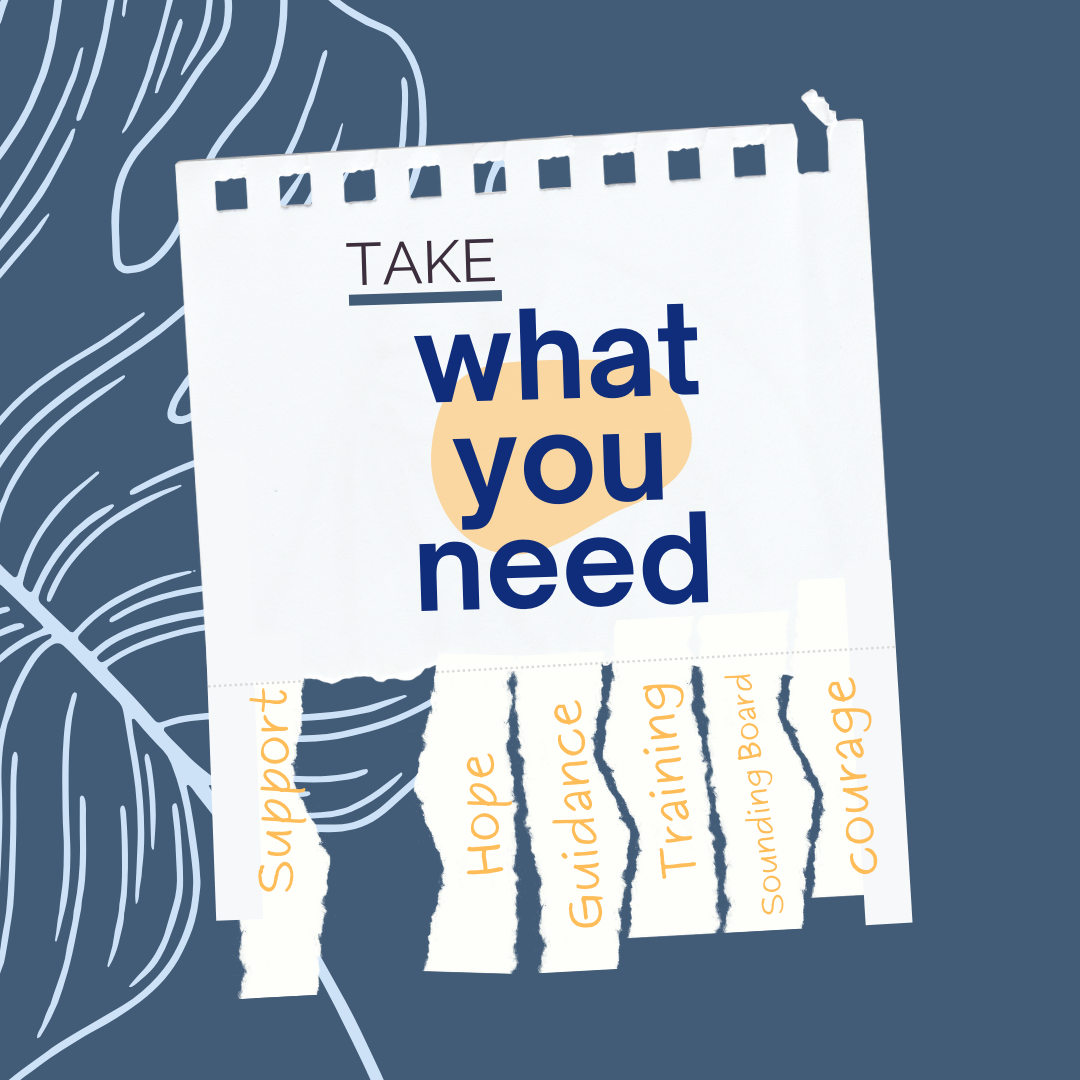Communicating Effectively in the Workplace: Quick Tips from Jeff Rogers

To me, communication is very personal. How we effectively communicate with others matters on many levels. In the end, being an effective communicator is the goal. To outwardly convey a message, that is received as intended, with desired awareness or action taken. In a nutshell, there it is.
Excellence in Business Communication
To be an effective communicator you must be very aware of yourself and those around you. The environment and medium of communication matter considerably as well. In the busy world, we communicate in today, we carry on many communications in various mediums simultaneously without thinking about it. There is the potential for error. Not thinking about it…not being fully present.
“Assumption is the root of all communication evil!”
-Jeffrey A. Rogers, CPMBC
What are Communication Inputs?
Inputs are simply the signals or data received during the communication process. Visual and auditory, tactile skills: Listening, sight, hearing, touch, reading, and even smell and taste. Deliberate communication also relies on the sense of emotion.
What are Communication Outputs?
Outputs are the origination or response to input stimulation or desire. Output signals include Visual, auditory, and tactile skills: Think reading, writing, and speaking as output skills. But add to this tone, body language, facial expressions, visual appearance, volume, and eye contact.
Communications Strategy
To truly excel in communication, we must be willing to step out of our comfort zone. Communication is a dynamic skill that constantly evolves, with new methods and changing needs of others. It's a continuous journey where we strive for improvement and adaptation, never reaching a final destination.
Therefore, continually building communication muscles is the only way to adapt and pivot to never-ending communication challenges. There will be challenges. To mentally, emotionally, and physically prepare yourself for daily best communications in one degree.
Intentionally Make Plans to Improve
As an action step on another sheet of paper: Write out what you will do differently to enhance your very best communication!
Exercises like this are crucial to developing self-awareness and identifying areas for improvement in your communication skills. By setting specific goals and creating a plan of action, you can actively work towards becoming a more effective communicator.
Consider incorporating active listening techniques, practicing empathy, refining your non-verbal cues, and honing your message clarity. Remember, communication is a continuous journey of growth and learning, so embrace the opportunity to enhance your skills and connect more effectively with others.
I bet you can!



